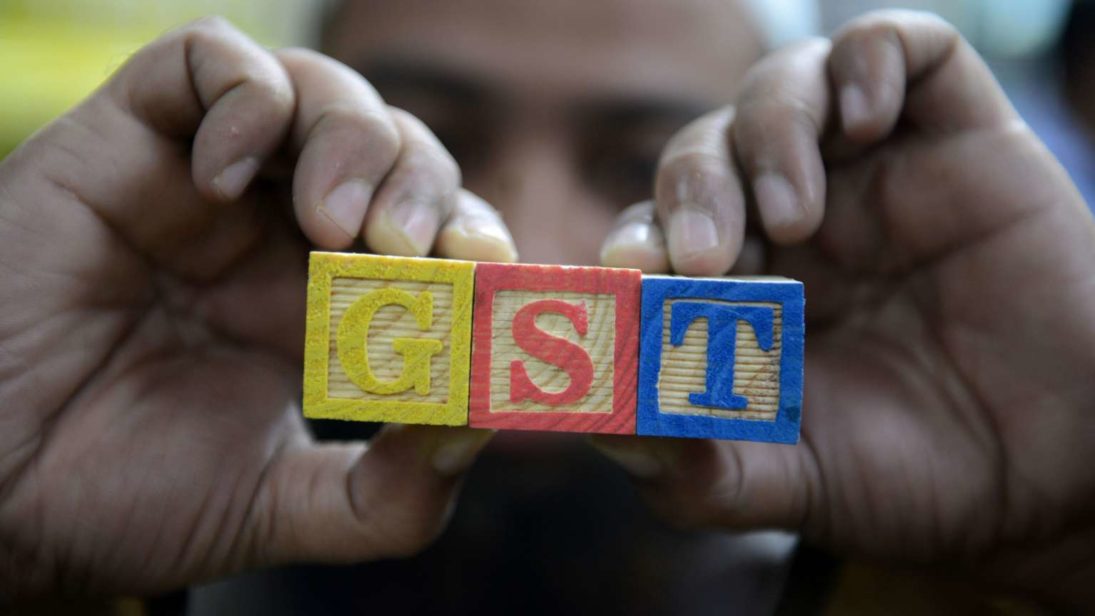
Termed as one of the biggest reforms in India’s complicated indirect tax base since 1991, the passage of the Constitution (122nd) Amendment Bill has made the Goods and Services Tax (GST) a reality at last. GST does away with the cascading indirect effect of a “tax on tax” usually calculated on the compounded value as the good keeps moving across the supply chain (from state to state). More importantly, the GST has led to a more uniform, simple tax structure which will ensure that compliance becomes easy.
Probable impact of GST
It may be difficult to realistically depict a quantifiable impact of GST across various sectors unless a specific GST tax rate is openly provided by the government. But what is quite certain is that the incorporation of a centralized indirect tax like the GST will enormously help ease of doing business across developing states like Bihar, Uttar Pradesh, and Madhya Pradesh as tax compliance and collection will become simpler. Moreover, phased implementation of the tax will smooth the dynamics of inter-state transfer of goods and services, allowing a comprehensive synchronization of state-level duties that were previously imposed in the form of octroi charges.
From a policy perspective, a simpler tax system will be immensely beneficial for encouraging both foreign and domestic investment in India. States which were quick to ratify GST implementation (like Bihar and Delhi) will have first mover’s advantage in drawing more industrial investment which is further likely to boost the Modi government’s Make in India scheme.
In terms of sectoral impact, the manufacturing segment (including automobiles), FMCG (Fast Moving Consumer Goods), retail (provided consumer demand picks up), and the cement sector will benefit from the imposition of the GST.
One of the key losers could be the telecom sector, unless the Value Added Tax (VAT) and Central Value-Added Tax (CENVAT) simultaneously see a marginal drop in their rates too. The sector is already plagued with serious problems pertaining to data volumes and slow bandwidth penetration across the country.
Constitution of the GST Council: A Caveat?
The All India Anna Dravida Munnetra Kazhagam (AIADMK), currently in power in Tamil Nadu, objected to the constitution of the GST council on the basis that it dilutes Indian federalism. In essence, the job of the council is to oversee the overall implementation of GST, including coming up with the tax rate, deciding the scope of the GST, and resolving disputes. Thus, in a way, it leaves the states out in the cold because they have no say on taxation. Moreover, the voting mechanism in the proposed GST council gives the central government an effective veto against the states, making the governing unfair from the states’ perspective.
“GST council as a constitutional body impinges on the legislative sovereignty of both Parliament and State legislatures,” said the AIADMK in its dissent note on GST.
Tax reforms are always welcome, and the passing of the GST bill in both houses of the parliament will be termed as one of India’s biggest legislative successes. Having said that, it would be pertinent for the current government to exercise utmost discretion in regulating the GST tax rates in a way that emerging economic and business landscape within the states are efficiently safeguarded from negative externalities.
***
Image: Noah Seelam-AFP, Getty


